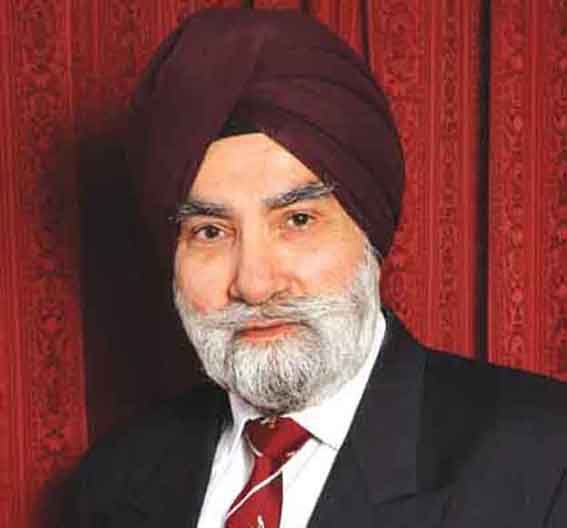Leaders Should Move On After Their Glory Days

Leaders tend to cling onto power when their glory days are over. They start believing that they can hang on to their kursis - positions otherwise well-earned to begin with - by creating divisions. Some even become objects of ridicule as they keep singing own praises reminding their diminishing following of past achievements in some field.
Despite his obvious earlier achievements, Prime Minister Boris Johnson did not read the signs in time that he had lost the trust of the people, his Party and even some of his closest cabinet colleagues. It took a quick succession of resignations to make him realise that his services as Prime Minister and Party Leader were no longer required. That, in fact, he was weakening the position of the Tory Party in the public eye and by creating internal divisions. His untruths and errors of judgement became increasingly obvious even to his own supporters.
I was amused to read a comment on Facebook recently that Boris Johnson must have been mentored by a Gurdwara Pardhan! This was reference to so called Sikh leaders who do not realise that, with the passage of time, they can best serve the community by passing on responsibility to younger generations, while always being there to serve as community elders in Sangat.
The fast-changing world requires new skills. Admittedly, younger generations also need to keep experience on tap and retired leaders should be able to continue serving as advisers. Change is the law of life &ndash more so if trust in the current leadership is lost. That is the state of the Sikh community. Sometimes there are no worthy successors due to lack of succession planning and a vacuum is created to the detriment of community progress. By hanging on to their positions, the older generation leaders suppress talent and quami aspirations of the next generations. Indeed, some having gained leading positions in own fields, refuse to allow next generations to take over in good time. Few learn the art of sharing power as part of essential planning in human affairs.
Perhaps with good justification, admirers of Boris Johnson talk of his great achievements to do with huge election majority, getting Brexit done and seeing UK through a most challenging COVID period. Others would disagree. However, he just refused to read the signs and give up as UK Prime Minister. Even as this column goes out, he continues to cling on to power desperately till the last possible moment!
Mark Wager, a leadership coach from New Zealand, has a theory about leaders who refuse to give up power when their glory days are behind them. First, he gave the good example of a Roman statesman, and military leader, Lucius Quinctius Cincinnatus, who became a legendary figure of Roman virtue, particularly civic virtue. Twice he returned to public life to save Rome and once it was saved he handed the power back and returned to his normal life.
The true purpose of leadership is to share power. Those who hang on to their positions in some field they have done well in, feel insecure when they face the choice of returning to normal life. Mark Wager concludes that true leaders do not cling to power but have the self-confidence to share it.
There is a lesson here for current and future Sikh leadership.
Gurmukh Singh OBE
Principal Civil Servant Ret&rsquod